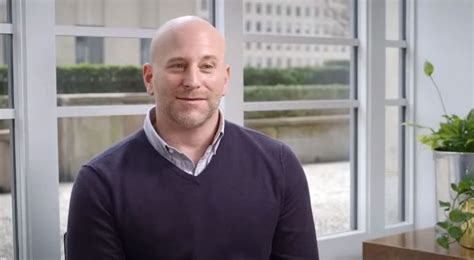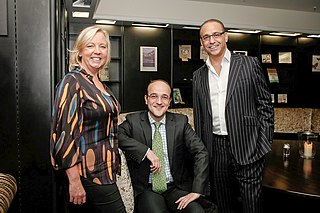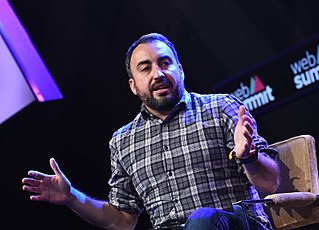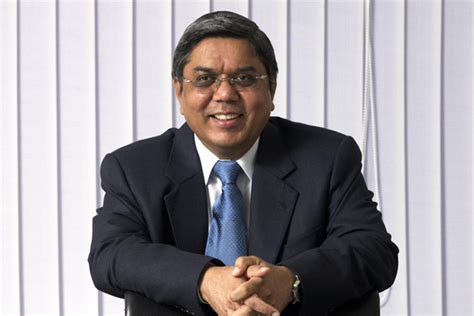A Quote by Tahl Raz
Design firms and progressive companies rely on many of the same tools: rapid prototyping, observational research, creative thinking, collaborative work environments, and multidisciplinary teams.
Related Quotes
The most precise work is generally done by hand, with hand tools. Some people rely on machines for their precision, and my way of working is backwards. I rely on the machines for doing the gross stock removal and then, when it comes to the final refinements and fitting of joints and things, making things work together, I rely more on sharp-edged tools that I push by hand.
For the fact is that organisms are creative and make their environments in such a way as to become virtually part of it themselves. But at the same time environments (nature and other people) are active in the making of organisms. In many respects each one of these elements, organism and environment, form part of one another.
Each quarter, Indian IT firms publish their results, and these are broadcast on CNBC. From the comfort of their boardrooms, executives say how many new employees have been added, how many more Fortune 500 companies have been signed up as clients, how many million-dollar companies were added, and so on.
No longer do companies study consumers' psyches only by asking people what they think about technology and how they use it. Now they conduct observational research, dispatching anthropologists to employ their ethnographic skills by interviewing, watching and videotaping consumers in their natural habitats.

































